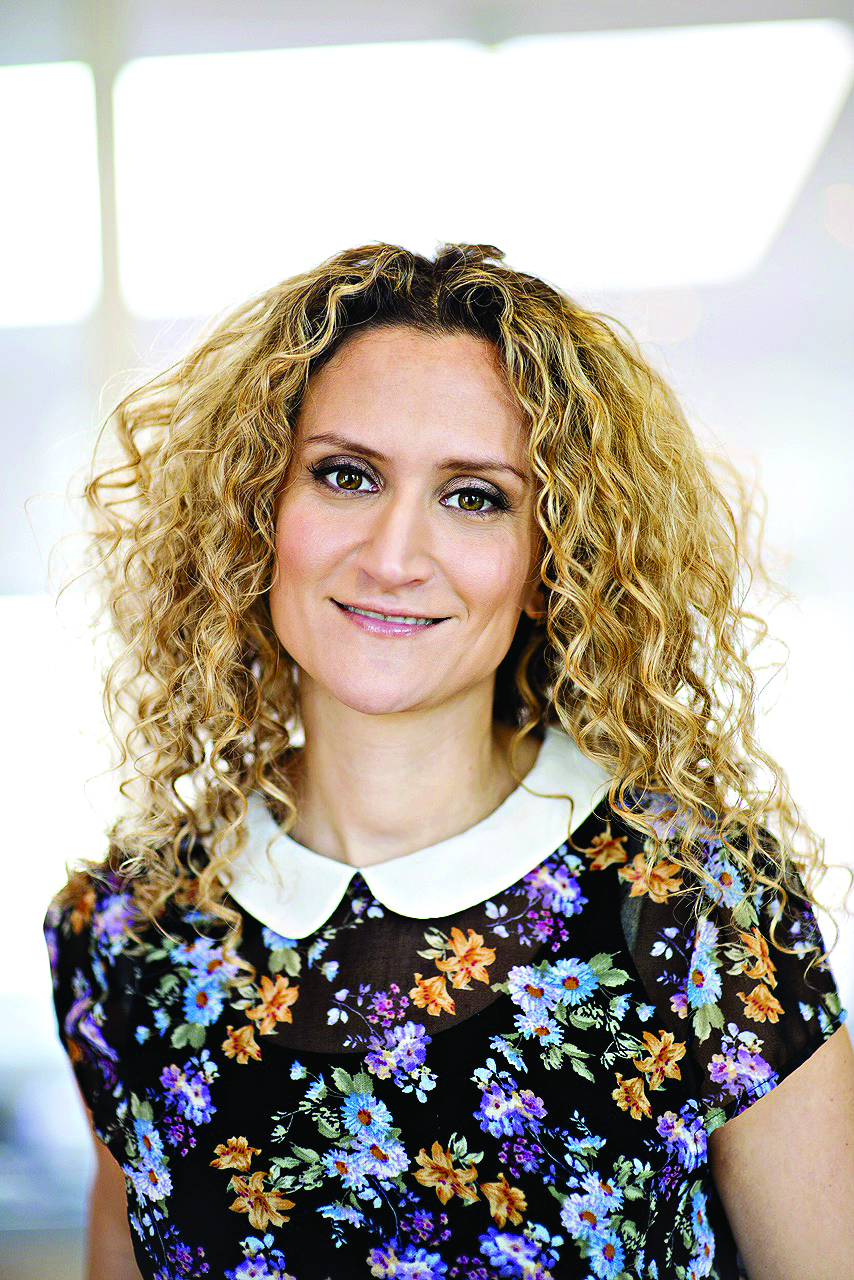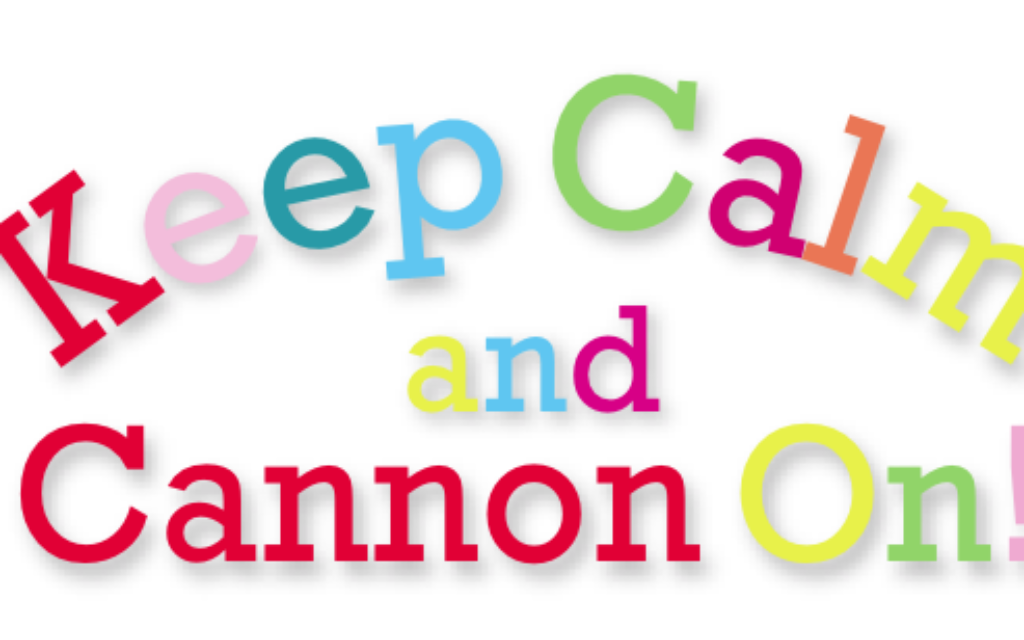Ask Dr Ellie Cannon: Quitting smoking, vitamins and aneurysm screenings
Our resident GP gives answers your burning medical questions...
Q My resolution for 2017 is to quit smoking for good. What’s the best medically- advised way to do this?
This is great news for your health. From studies examining quitting smoking, we know that the best ways to quit are when you include personal support and some sort of nicotine replacement.
There is tremendous power in having someone checking, supporting and guiding you, whether it is a pharmacist or a nurse in your local surgery: in fact you are four times more likely to quit with somebody’s help.
Quit smoking groups, which meet regularly in many areas, are also a good source of support. Search NHS Smoke Free for your local organisations.
Get The Jewish News Daily Edition by email and never miss our top stories Free Sign Up
Most local pharmacists also offer a Quit Smoking service, and combining this with attendance at a support group would be a good method to try.
Many people do manage with willpower alone, but it is not proven to be the best way. E-cigarettes are now agreed by doctors to be a good way to help you to stop.
The medical profession agrees they certainly have a place in helping people to stop smoking and do not carry the risks of smoking tobacco – which is really the problem part of the cigarette, rather than the nicotine.
There are many supportive apps that you may prefer rather than face-to-face support, while quitting is also great news for your wallet – according to the latest NHS figures, the average smoker will save £1,696 a year from quitting.
That’s a lot of spending money!
Q Should children take vitamins? My four-year-old seems fussier than other kids and certainly doesn’t eat a lot of vegetables. But are vitamins worthwhile?

Yes, they are really worth it. Department of Health guidelines recommend all children aged up to five are given vitamin drops containing at least A, C and D, as it is tricky to get enough in their diets.
Some foods, such as breakfast cereals and some drinks, are fortified, but rarely have enough to meet the requirements of a growing child. Vitamin D is particularly crucial as it is responsible for the metabolism of calcium and health of bones, so
obviously vital for children because their bones are doing a lot of growing.
Added to that, vitamin D is made in the skin when the sun shines. Given the lack of sunshine in the UK and our sensible use of sunscreen, it is pretty impossible for anyone to make enough vitamin D.
On the topic of fussy eaters, which is a common complaint I hear from mums in clinic (and a particular fear of Jewish mothers of course), most ‘fussy eaters’ I meet are not fussy, just discerning.
As we eat a vast array of food nowadays, we expect our children to do likewise, whereas a young child’s palate can be quite unimaginative. That’s OK.
To reassure yourself, write a list of items your child gets through: many mums find the list is surprisingly long and they can stop focusing on what he doesn’t eat but rather on what he does.
Q I have received a letter about aneurysm screening. I have never heard of this before. Should I go?
Yes, you should. This is to check for an aortic aneurysm, which occurs when part of the huge blood vessel called the aorta in the abdomen slightly bulges and the wall stretches, making it prone to tearing.
As time goes on, the bulge gets larger and the wall gets weaker (like an inflated balloon). Eventually, if there is any rise in pressure, the weak wall cannot withstand the strain and ruptures, causing massive internal bleeding.
The chances of this are low for each person but it is normally a catastrophic event and fatal. In England and Wales, there are 6,000 deaths each year from torn aortic aneurysms.
Four percent of men have an aortic aneurysm but most of these will be small and not immediately life-threatening. They are more common in men, smokers, those with high blood pressure or those with a family history of aortic aneurysms.
Most people do not know they have an aneurysm: this makes the condition one of the “silent killers”.
Since aneurysms grow slowly, routine ultrasounds can be used to identify those at risk. The NHS AAA Screening Programme started in 2009 and offers screening to all men in their 65th year, most of whom will be reassured and discharged. Men with a small aneurysm will enter a surveillance programme to be monitored.
Men over 65 who have not been previously diagnosed with an aneurysm can self-refer directly to the programme without going through their GP.
The screening programme is thought to reduce death rates from aneurysms by almost 50 percent.

Thank you for helping to make Jewish News the leading source of news and opinion for the UK Jewish community. Today we're asking for your invaluable help to continue putting our community first in everything we do.
For as little as £5 a month you can help sustain the vital work we do in celebrating and standing up for Jewish life in Britain.
Jewish News holds our community together and keeps us connected. Like a synagogue, it’s where people turn to feel part of something bigger. It also proudly shows the rest of Britain the vibrancy and rich culture of modern Jewish life.
You can make a quick and easy one-off or monthly contribution of £5, £10, £20 or any other sum you’re comfortable with.
100% of your donation will help us continue celebrating our community, in all its dynamic diversity...
Engaging
Being a community platform means so much more than producing a newspaper and website. One of our proudest roles is media partnering with our invaluable charities to amplify the outstanding work they do to help us all.
Celebrating
There’s no shortage of oys in the world but Jewish News takes every opportunity to celebrate the joys too, through projects like Night of Heroes, 40 Under 40 and other compelling countdowns that make the community kvell with pride.
Pioneering
In the first collaboration between media outlets from different faiths, Jewish News worked with British Muslim TV and Church Times to produce a list of young activists leading the way on interfaith understanding.
Campaigning
Royal Mail issued a stamp honouring Holocaust hero Sir Nicholas Winton after a Jewish News campaign attracted more than 100,000 backers. Jewish Newsalso produces special editions of the paper highlighting pressing issues including mental health and Holocaust remembrance.
Easy access
In an age when news is readily accessible, Jewish News provides high-quality content free online and offline, removing any financial barriers to connecting people.
Voice of our community to wider society
The Jewish News team regularly appears on TV, radio and on the pages of the national press to comment on stories about the Jewish community. Easy access to the paper on the streets of London also means Jewish News provides an invaluable window into the community for the country at large.
We hope you agree all this is worth preserving.
-
By Brigit Grant
-
By Laurent Vaughan - Senior Associate (Bishop & Sewell Solicitors)
-
By Laurent Vaughan - Senior Associate (Bishop & Sewell Solicitors)
-
By Laurent Vaughan - Senior Associate (Bishop & Sewell Solicitors)
-
By Laurent Vaughan - Senior Associate (Bishop & Sewell Solicitors)






















